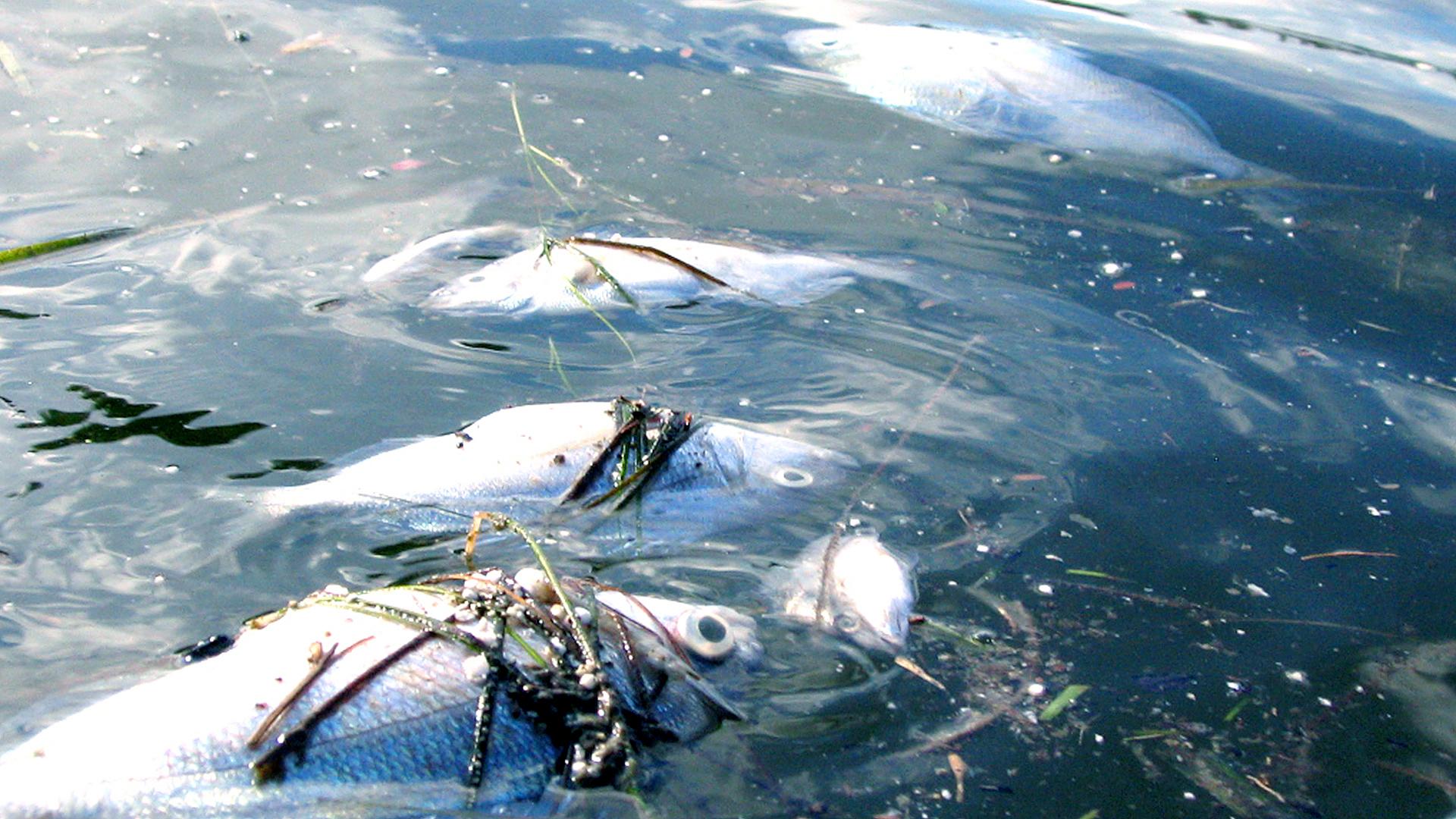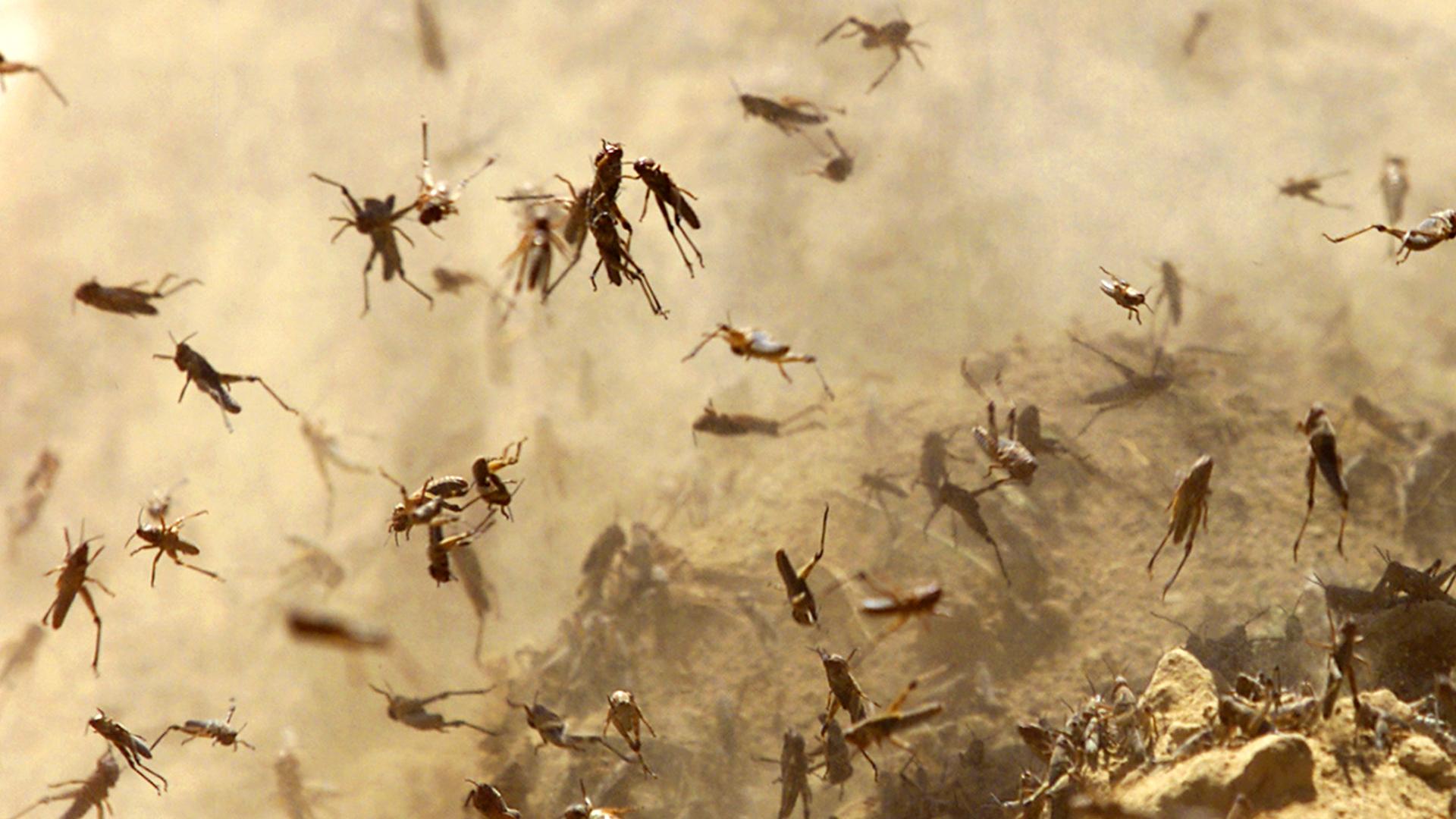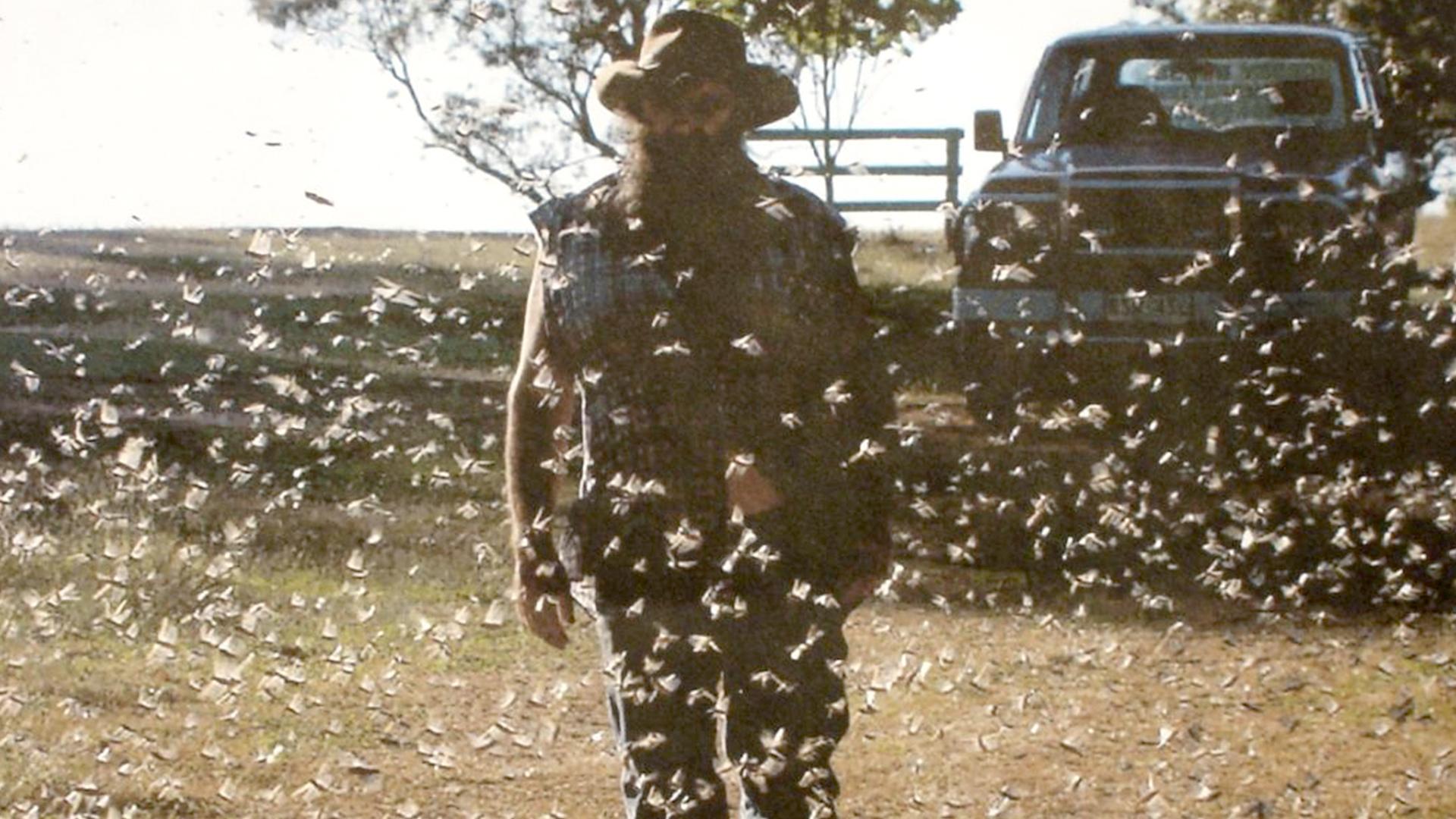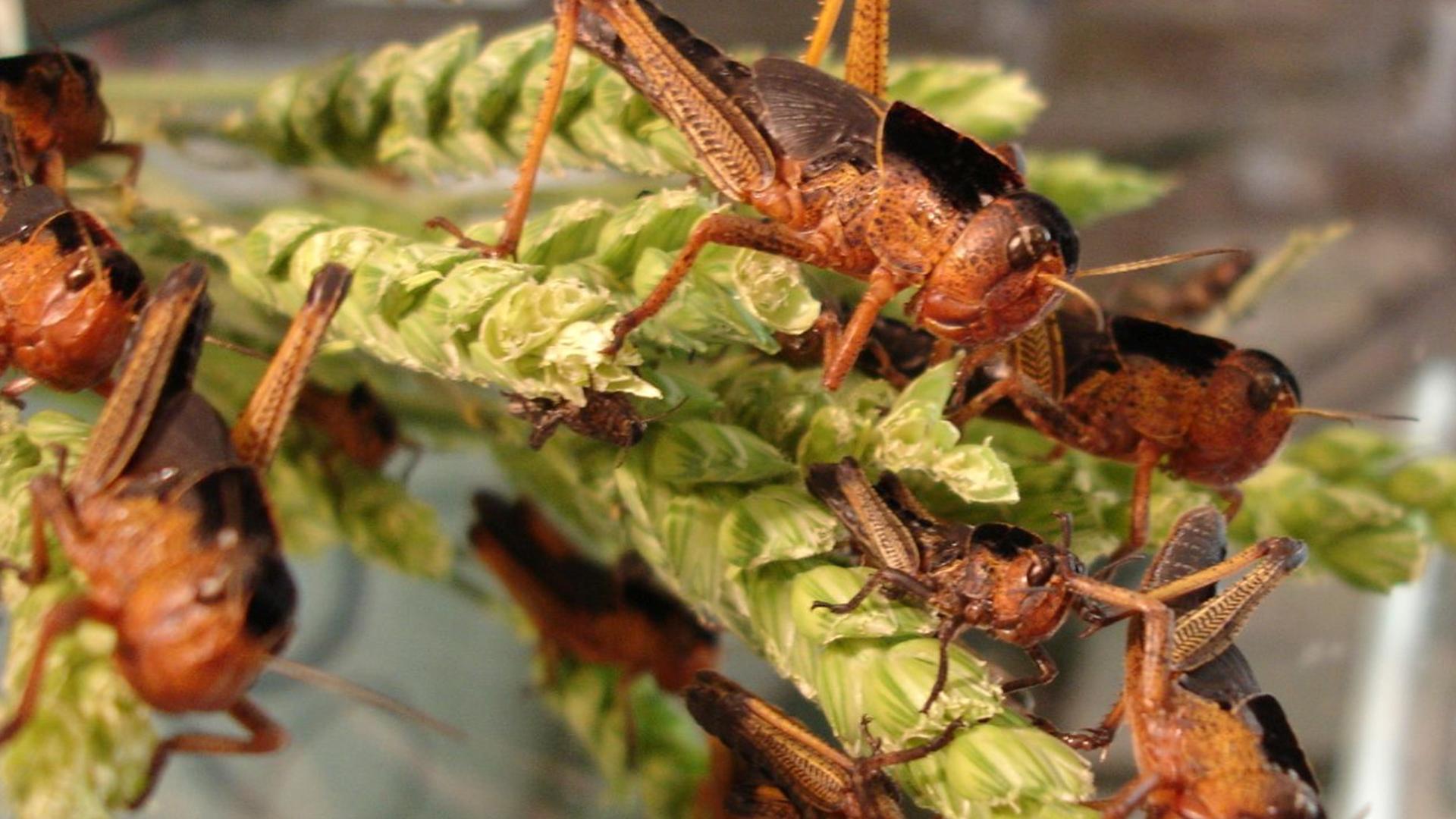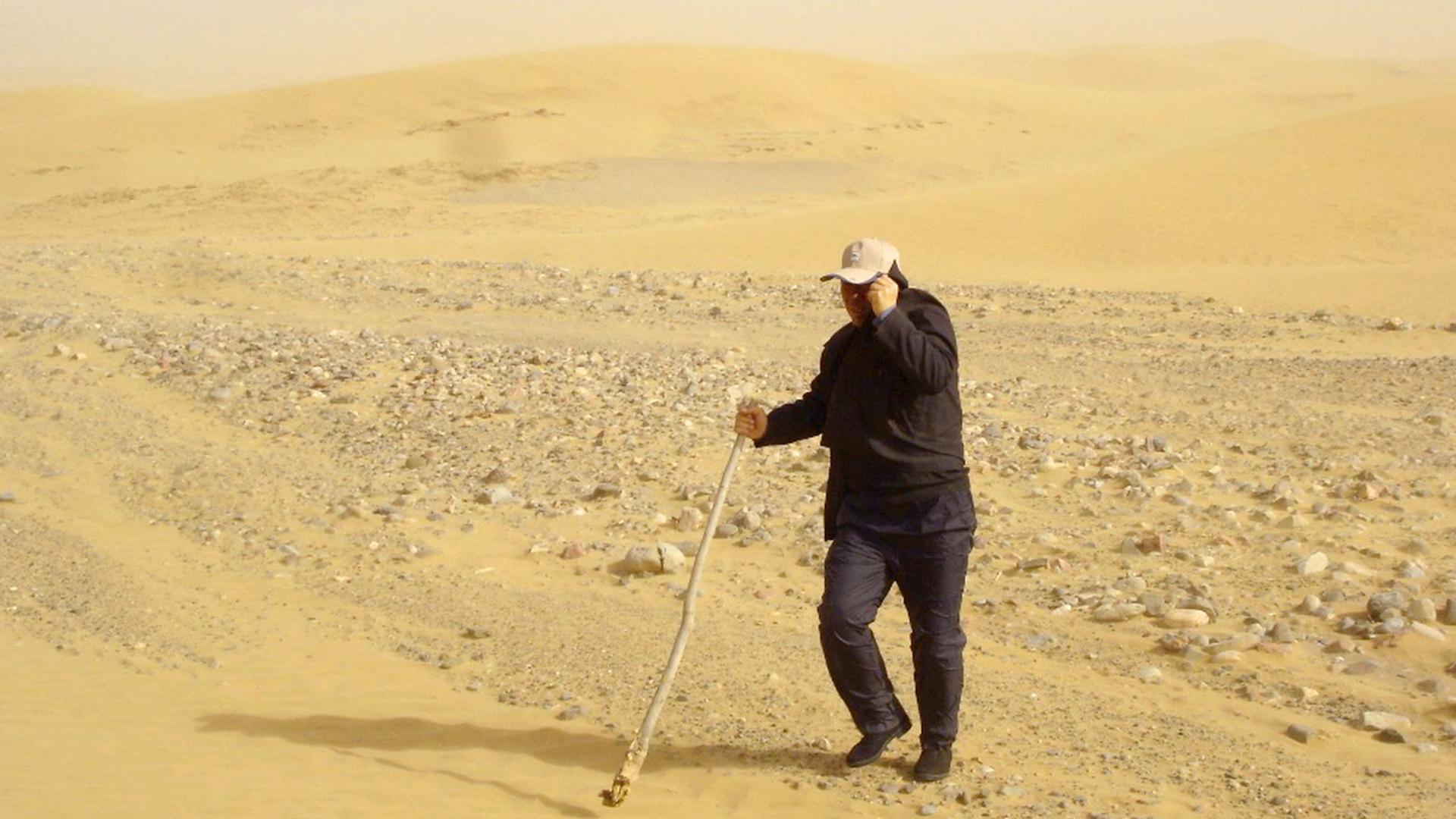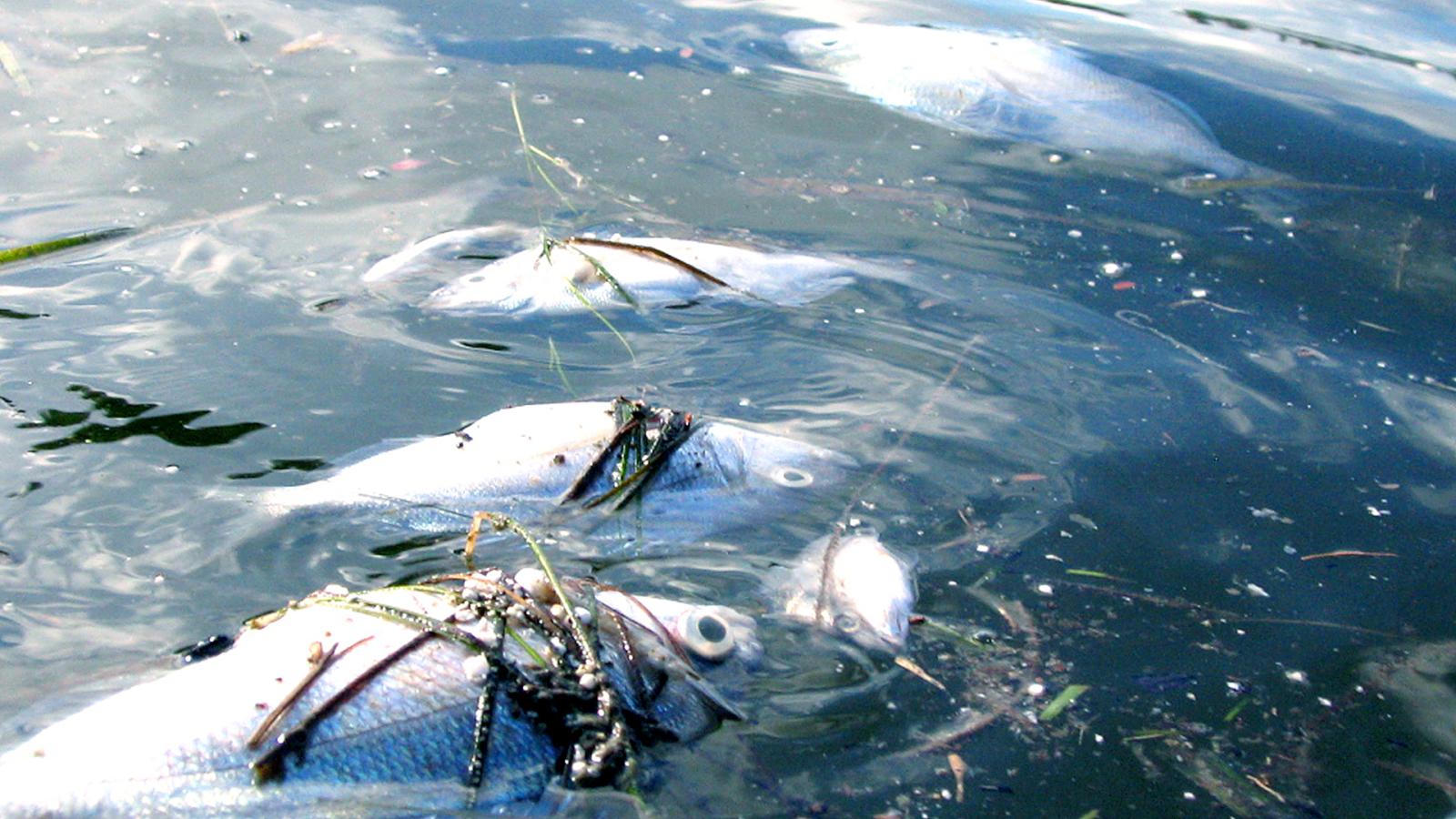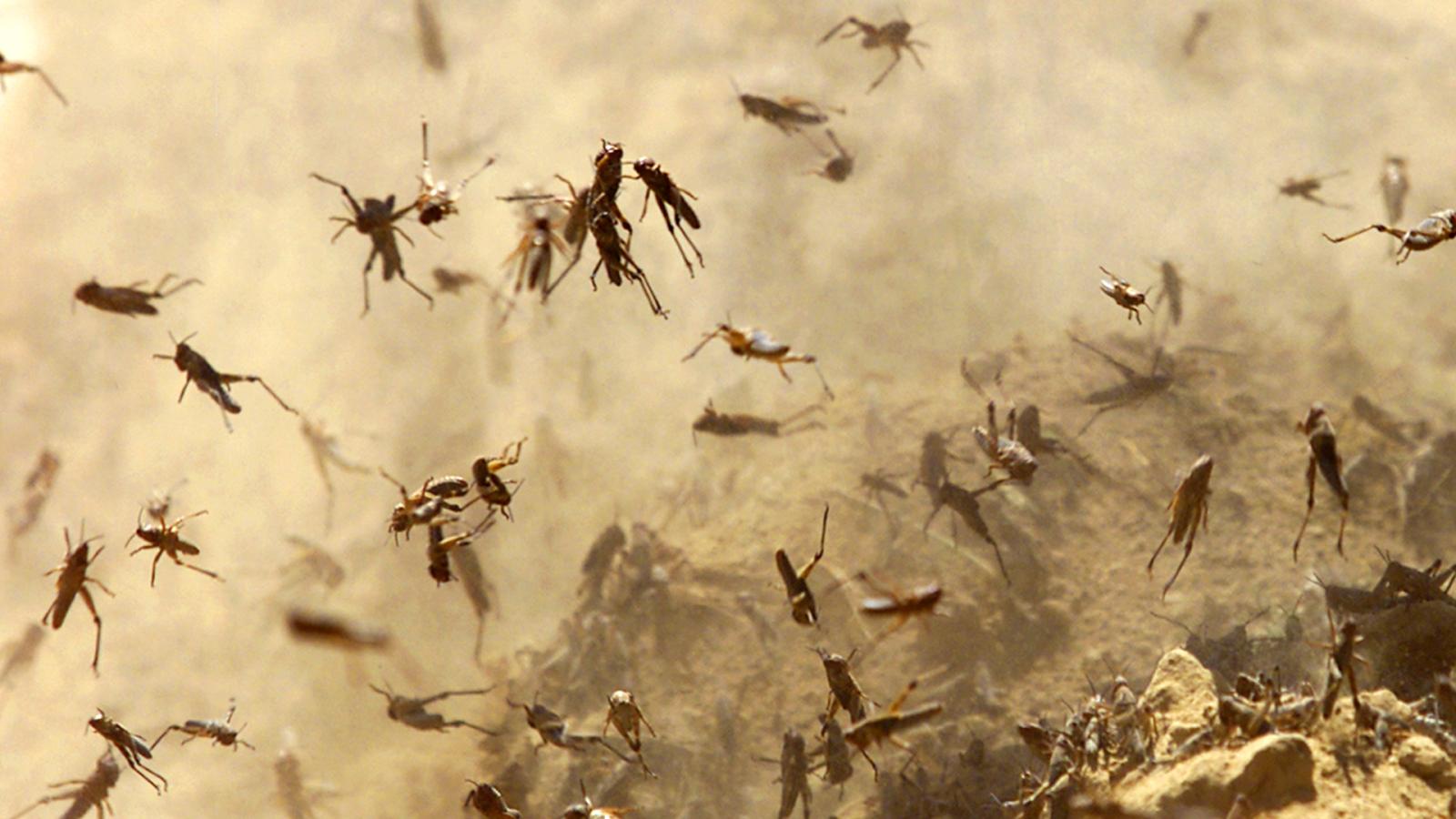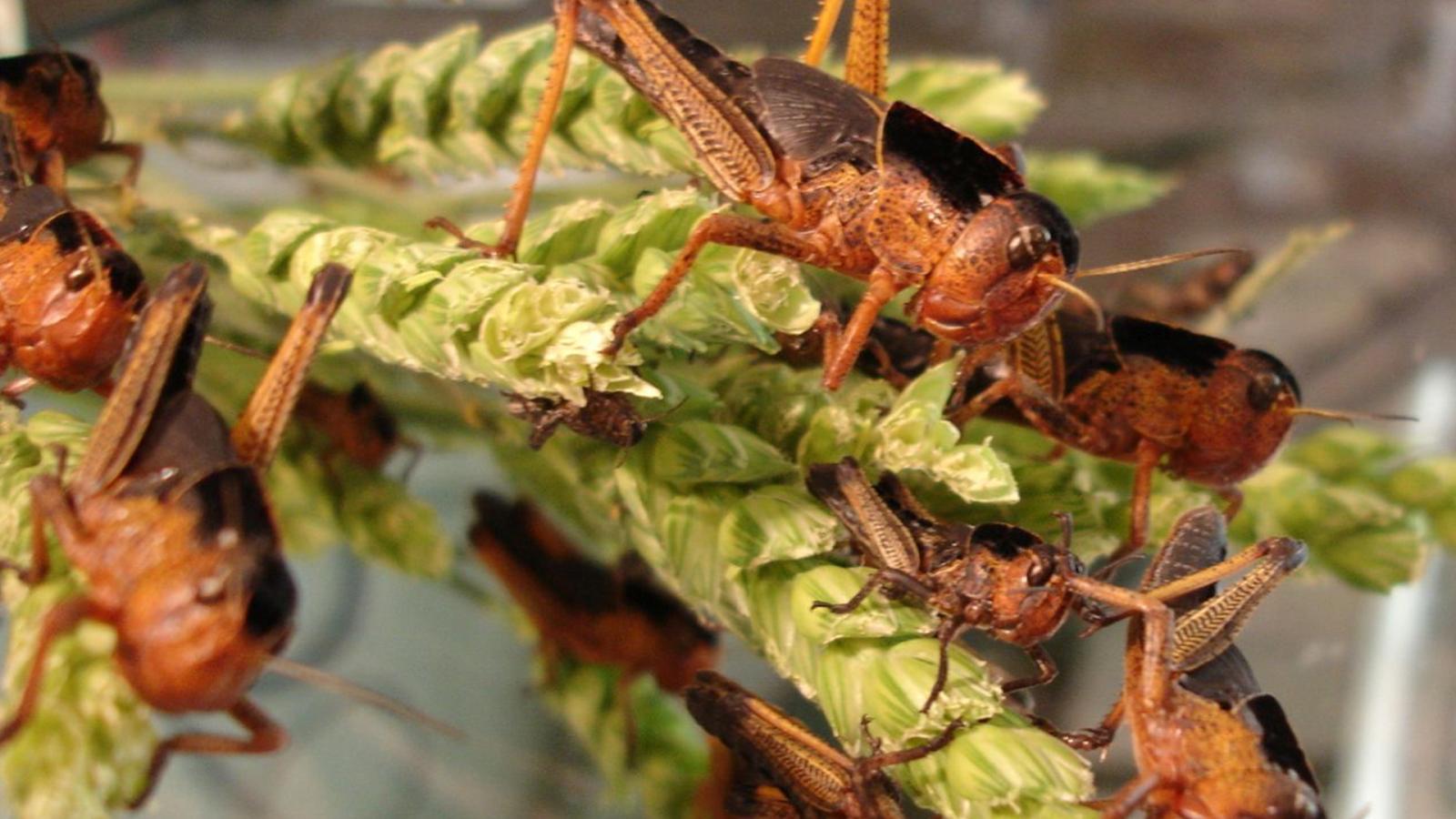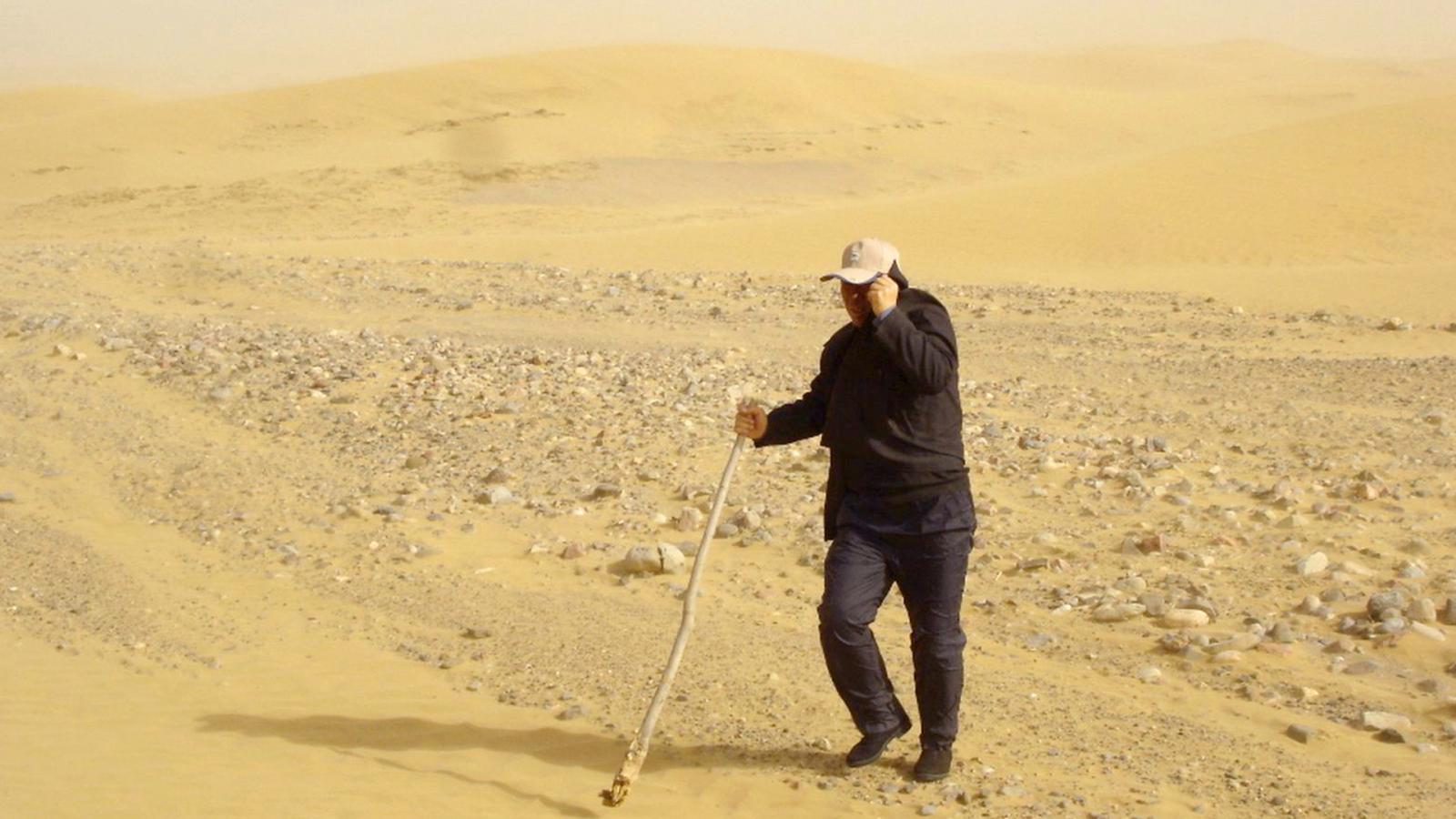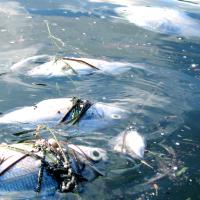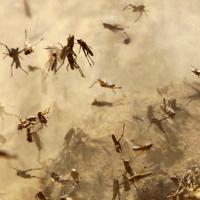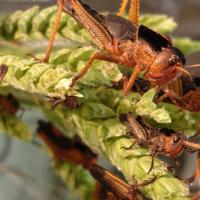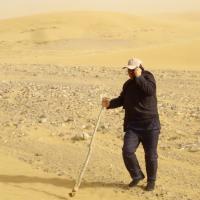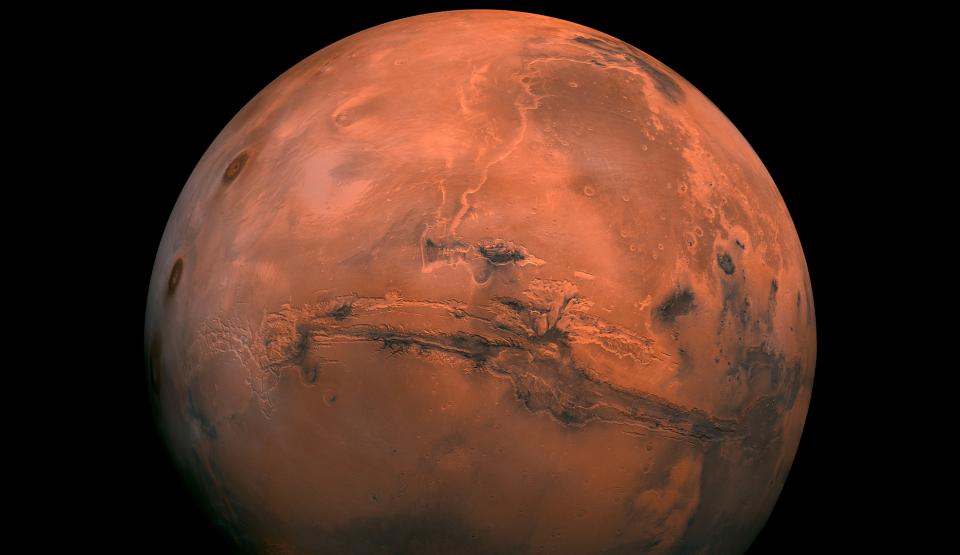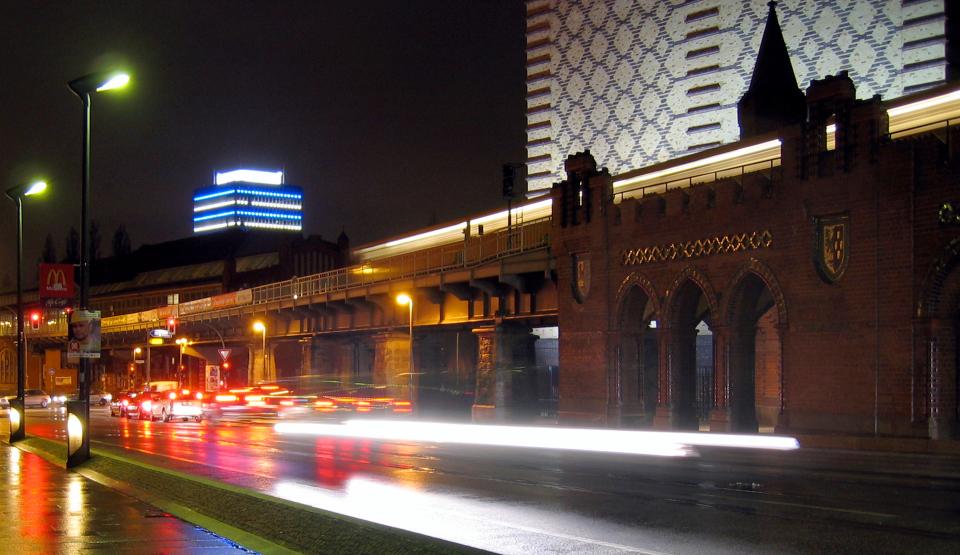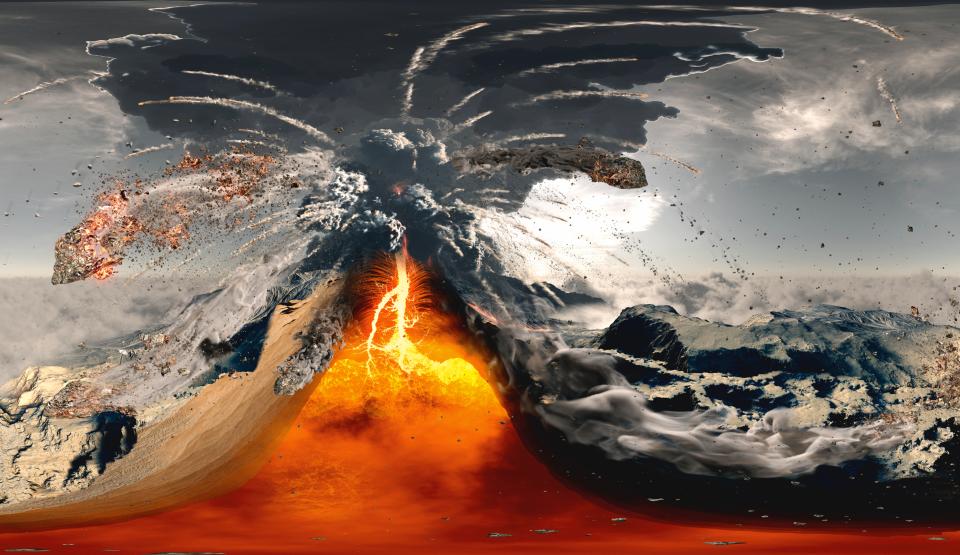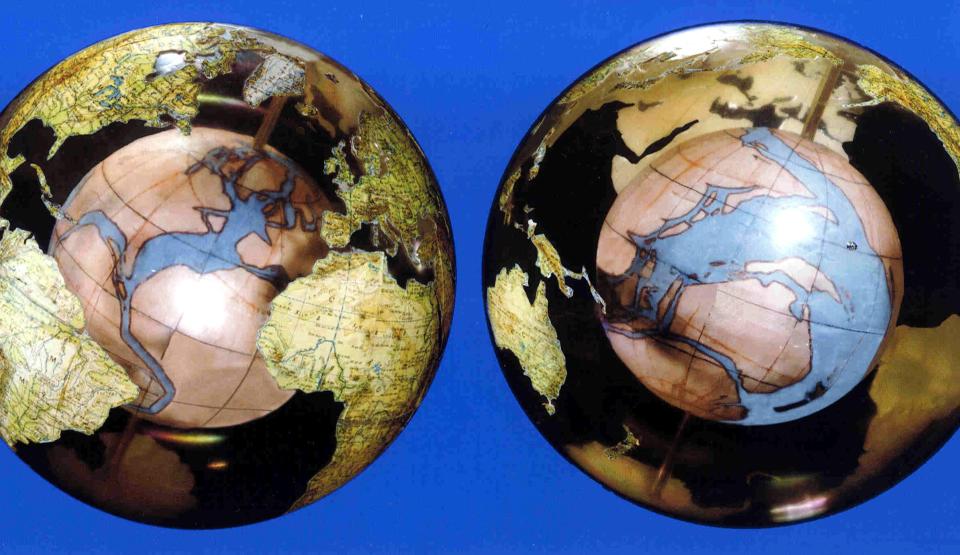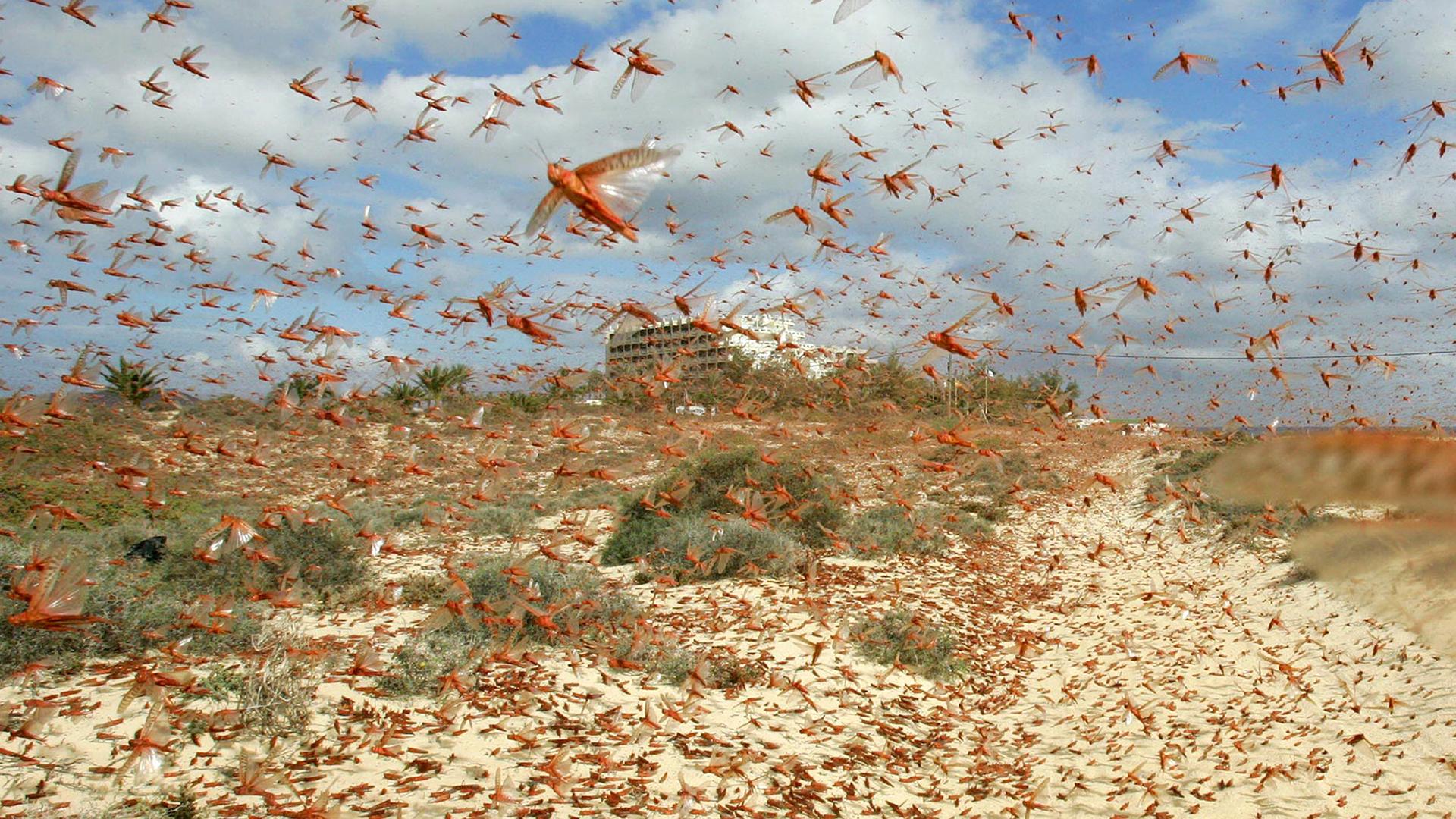
In order to force the Egyptians to let His people go, according to the Bible, God sent ten plagues upon Egypt. He let animals and weather play havoc, caused the outbreak of diseases, sent pestilence and swarms of locusts.
The authors of the Old Testament resorted to divine wrath over Pharaoh to explain a devastating series of natural disasters, which actually did hit the densely populated area along the Nile in those days. These disasters marked the defeat of a highly developed civilization in its daily struggle with nature – a defeat that they could not explain in any other way.
Three and a half thousand years later: disastrous storms and floods, epidemics, epizootic diseases and plagues of locusts, poisoned lakes and dying rivers – it might appear as if the Biblical plagues were returning in the twenty-first century.
All the while, we had believed that we had already won our struggle against nature, that we had tamed its most ferocious forces and converted them into heat and other forms of energy, that we had conquered the skies and subdued the Earth.
Were we wrong? Are the modern plagues nature’s way of avenging our ruthless exploitation of its resources in our efforts to become its master? Are they nature’s answer to globalization and modern civilization?
But there are people in Europe (Germany, Italy, Austria, Switzerland), China, Africa, Florida, Colorado, Canada, and Australia who are tackling these modern-day plagues: researchers, doctors, environmentalists, scientists, and bold pioneers. They are trying to understand why the plagues have returned, and how they might prevent further disasters from happening in the first place, or at least how to prepare us, if they cannot be averted. It is a race against time – or will it again take ten plagues until people start to act?
